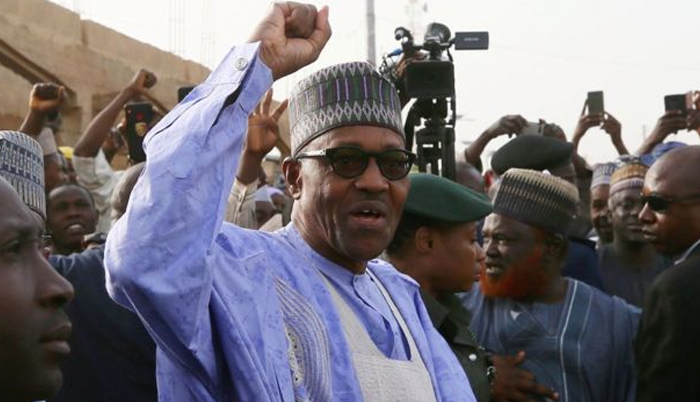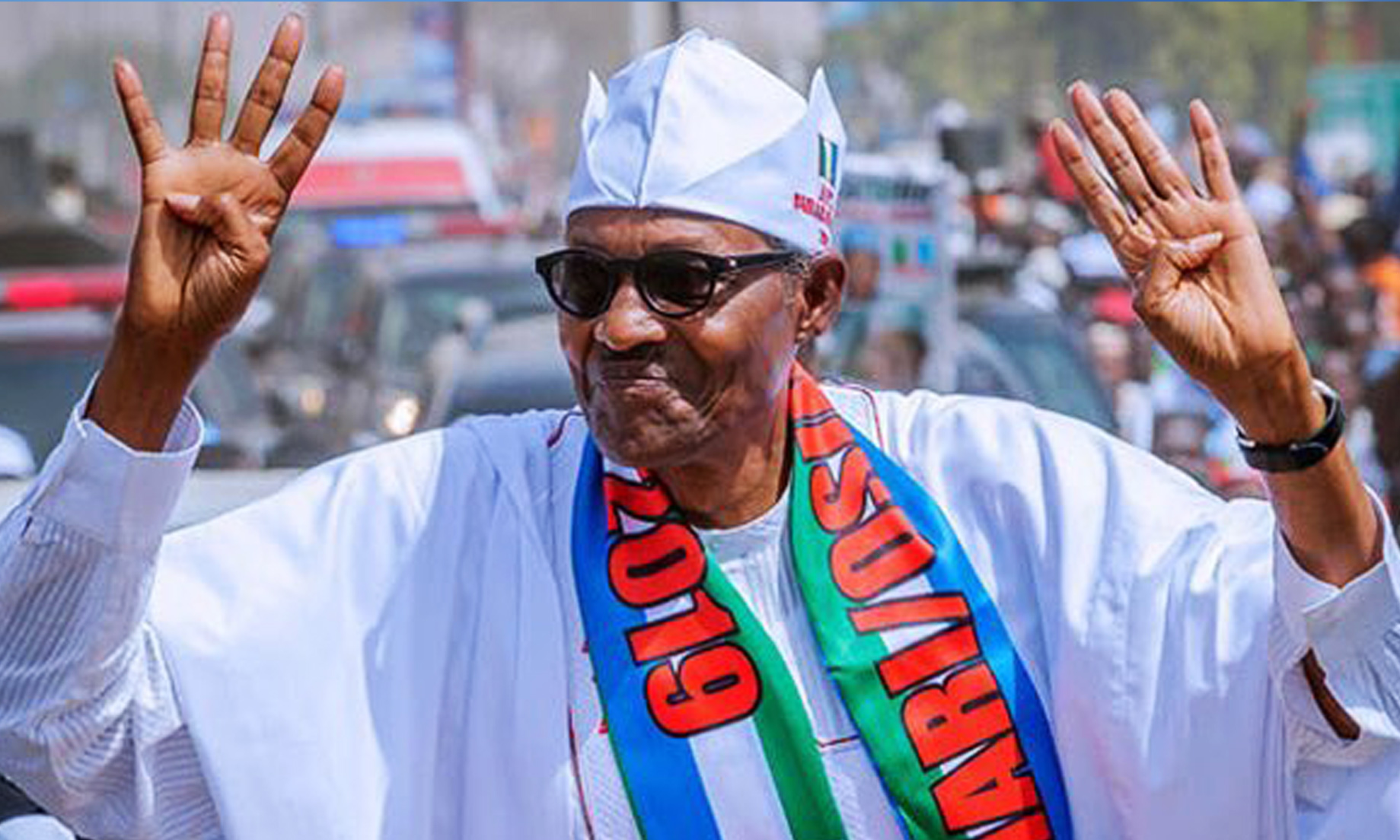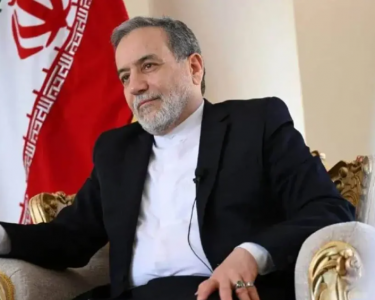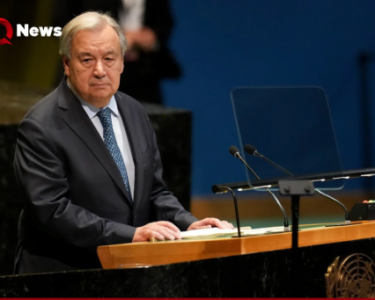
ABUJA, Feb 28 (NNN-AGENCIES) — The runner-up in Nigeria’s presidential election has rejected the result as a “throwback to the jackboot era of military dictatorship”.
Atiku Abubakar criticised what he called a “sham election” and has vowed to go to court.
President Muhammadu Buhari, who was re-elected in Saturday’s poll, insisted that it had been free and fair.
Delays and violence marred the run-up to the election but no independent observer has cited electoral fraud.
In the 1980s, Buhari, 76, was one of several military rulers in Nigeria and this election marks the 20th anniversary of the return to civilian rule.
Buhari got 15.2 million votes while Abubakar received 11.3 million.
Turnout was a record low at just 35.6% and Abubakar, 72, said this was the result of a deliberate policy to prevent his supporters from voting.
He said that troops had been deployed to strongholds of his People’s Democratic Party (PDP) to stop people casting their ballots.
Abubakar said there had been “premeditated malpractices” in many states and wondered how states “ravaged” by the Islamist insurgency – in Buhari’s strongholds in the north – generated higher voter turnouts than more peaceful states.
“How can total votes in Akwa-Ibom, for instance, be 50% less than what they were in 2015?” he asked in his statement.
As he accepted his official certificate of election at the Independent National Electoral Commission (Inec) in the capital, Abuja, Buhari said the election was “another milestone in Nigeria’s democratic development”.
“From the comment of several observers, both local and foreign, it is obvious that the elections were both free and fair,” he said.
Earlier, he had urged his supporters not to “gloat or humiliate” the opposition following his victory.
“No section or group will feel left behind or left out,” he promised.
A former soldier, Buhari led a military regime for 20 months in the 1980s and was first elected president in 2015, becoming the first opposition candidate to defeat an incumbent and win the presidency.
Africa’s most populous nation and largest economy faces a range of problems including power shortages, corruption, security threats, and an economic slowdown.
Nigeria is Africa’s leading oil producer but corruption and a failure to invest the proceeds from the industry have hampered development.
A slow recovery from a recession in 2016 means there are not enough jobs for the large number of young people joining the employment market. About a quarter of the working age population is unemployed.
Civil society groups monitoring the election said at least 53 people were killed in political violence over the weekend.
Some 130 people have been taken into custody suspected of electoral offences, reports say.
The initial vote was postponed early on Feb 16, five hours before polls were due to open. Voters were also choosing members of the House of Representatives and Senate. — NNN-AGENCIES






